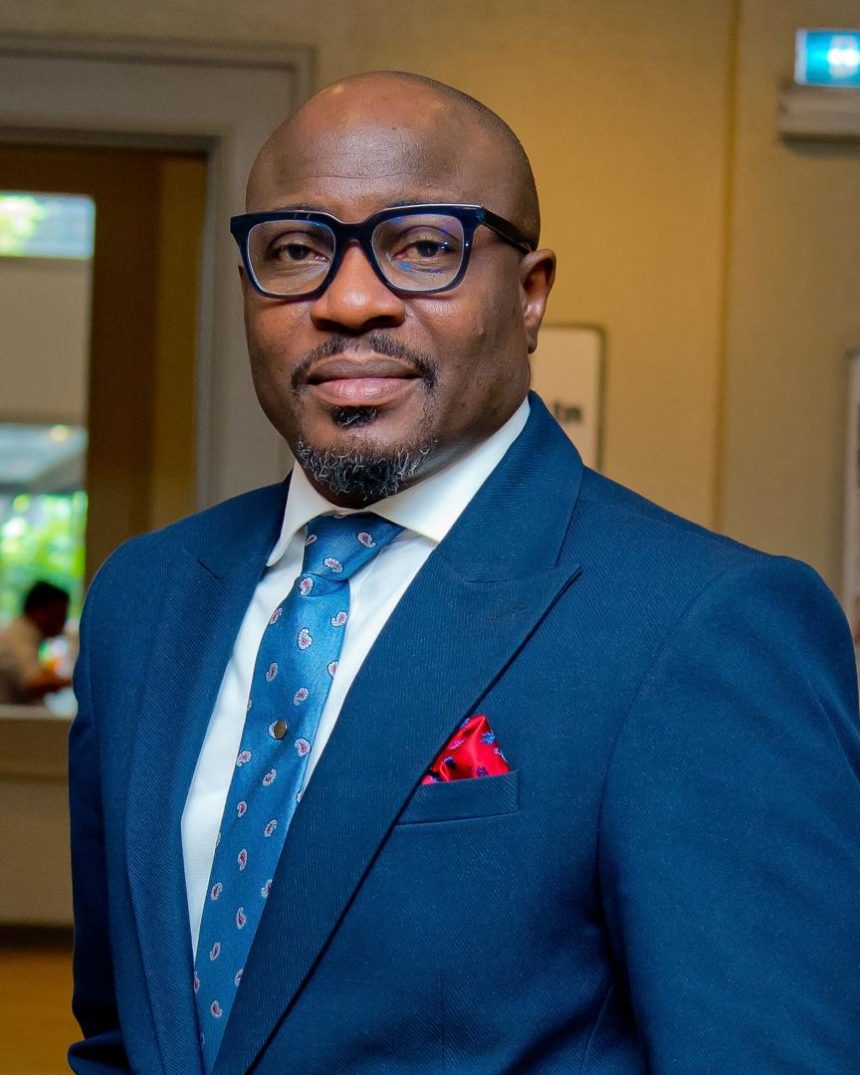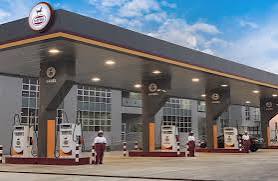BY FEMI ADENIRAN Imagine waking up one morning without access to emergency services, the internet, or a cell network because one fibre cable was irresponsibly cut during regular construction. This is not merely a theoretical situation; it is a reality that occurs every day in Nigeria, endangering both national security and the foundation of our digital economy.
Thank you for visiting The Vestigator, don't forget to share!
The recent groundbreaking decision by the Federal Government to designate telecommunications assets as vital national infrastructure highlights the strategic significance of connectivity in modern-day Nigeria. Not only does telecommunications infrastructure facilitate phone conversations and internet browsing, but it also supports essential industries like public safety, healthcare, education, and banking.
The integrity of our communication networks is just as important as our roads, bridges, and airports in a world that is becoming more and more characterised by digital revolution. However, there are constant threats to this vital infrastructure. Fibre cuts have become a widespread problem, mostly due to construction-related activities, vandalism, and a lack of coordination amongst parties.
Millions of Nigerians’ services are disrupted by the numerous instances that operators report on a daily average. Just Airtel Nigeria reports an average of 43 fibre cuts each day, with 7742 during the previous six months. In addition to causing annoyance to customers, these disruptions often hurt companies, postpone government functions, and jeopardise public safety, especially during emergencies.
Although it is perfect for building and public works projects, the dry season has made the issue worse. The frequency of fibre cuts has significantly increased as a result of more road and building projects. Nigeria’s objectives for broadband penetration and the group’s attempts to use technology for social inclusion and economic growth are in danger due to this tendency.
In order to protect Nigeria’s telecommunications infrastructure, this is a clear call to action for all parties involved, including government agencies, security agencies, construction firms, telecom operators, the media, and civil society organisations.
Beyond a policy pronouncement, immediate action must be taken in the form of practical measures, some of which include:
- Stricter Enforcement and Coordination: Security agencies and regulatory organisations need to establish mechanisms for smooth communication between telecom operators and construction firms while enforcing harsher sanctions for fibre damage.
- Regulating and Supervising Construction businesses: To guarantee that construction businesses give telecom assets the same consideration as other utility companies’ assets, they should be subject to regulations and oversight.
- Simplifying the Right-of-Way (RoW) procedure would guarantee that operators may bury cables safely and proactively prepare for infrastructure protection in collaboration with local governments.
- Technology Adoption: Using real-time monitoring technologies and GIS mapping will help identify high-risk areas more accurately and respond to occurrences more quickly.
- Enhanced Interest and Support from Nigerian Media: Media stakeholders should assist public and commercial sector actors in promoting highly focused campaigns and educating the public about the significance of telecom infrastructure and the severe repercussions of fibre outages. An essential component of our national development strategy is Nigeria’s digital economy. Our telecommunications networks must be protected with the same rigour we reserve for our power grids, water systems, and transportation networks if we are to meet the ambitious goals of the National Broadband Plan 2020–2025, unlock the full potential of important Federal Government initiatives like the 3 Million Technical Talents 3MTT, which aims to train and place 3 million Nigerian youths (both local and international) by 2027, and the Federal Government’s “Project 774,” which aims to digitise Now is the moment to take action. By working together, we can make sure Nigeria’s telecommunications infrastructure is robust, dependable, and prepared to power the country’s future.
Not taking action would cost us more than simply missed calls; it will endanger our progress towards being a country that is truly linked. Femi Adeniran is Airtel Nigeria’s Director of Corporate Communications and CSR.






